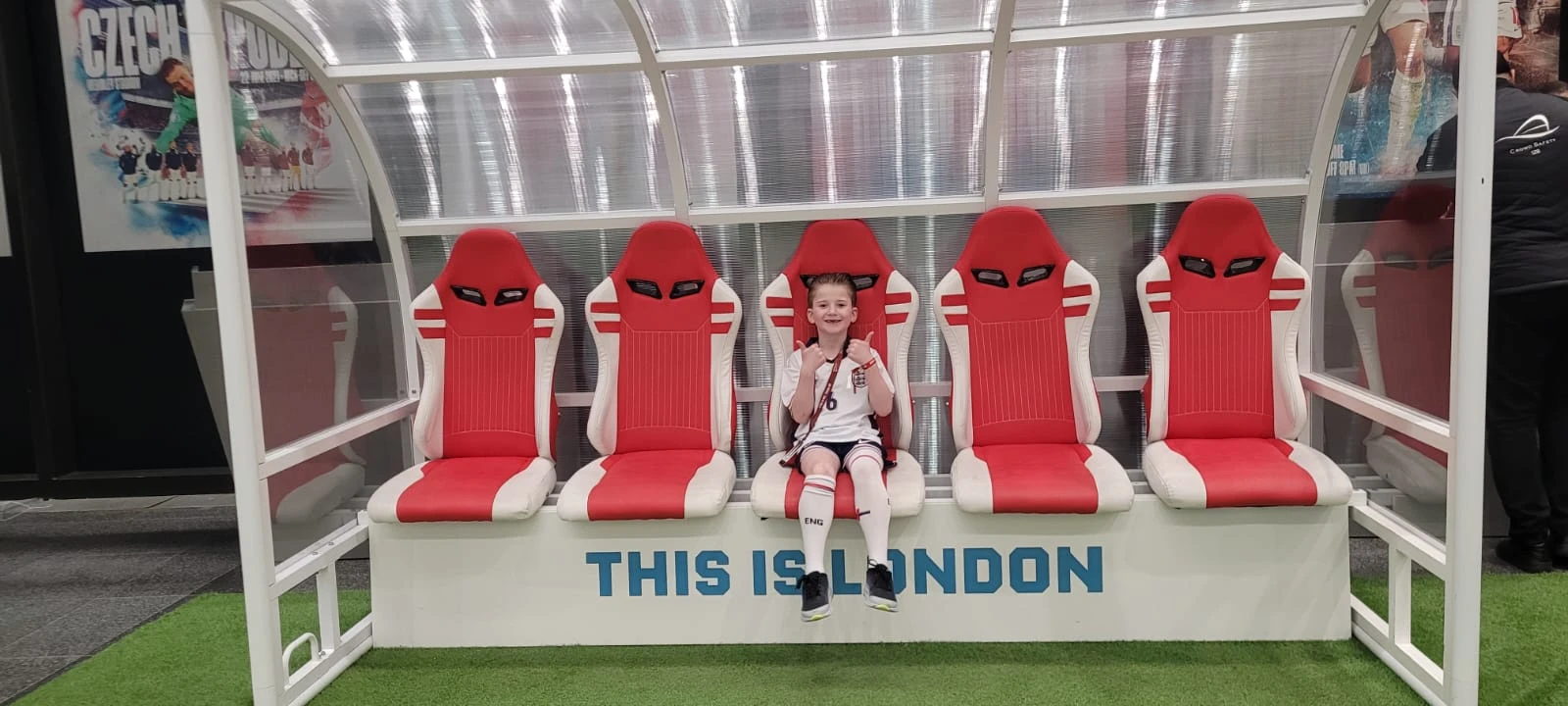NEWS & ARTICLES
In the modern world of business, there is a constant cycle of news circling around a multitude of industries and their respective leaders. Our specialised communications and PR team believe it is incredibly important for our clients to remain in the loop.
Keeping up to date with the latest media cycles will help you stay ahead of the ever-changing business landscape , while helping you stay well-informed across your industry and competitors’ activities.


Mergers & Acquisitions
Why investment audits are essential for attracting private equity
A comprehensive investment audit not only validates a company's financial health but also demonstrates its commitment to best practices and ethical standards.
Continue Reading

People & HR
How YOU Can Create An Inclusive Workplace: 5 Actionable Steps To Take
Workplace inclusivity is no longer just a ‘nice to have’.
It’s an essential part of a thriving business. A diverse and inclusive environment improves employee satisfaction and strengthens company culture.
Continue Reading

Company News
A Special Day Out at Wembley with Rainbows
As part of our ongoing commitment to giving back, Champions recently had the pleasure of supporting a family from the Rainbows Hospice with tickets to England’s match against Latvia at Wembley.
Continue Reading

Company News
Champions (UK) plc Named as Sponsors for the Prestigious Peter McEvoy Trophy
Hosted at the historic Copt Heath Golf Club from April 24-25, the event will feature the brightest talents in junior golf from across the UK and internationally.
Continue Reading

People & HR
Is Your Workplace Technology Accessible?
As someone who is dedicated to helping modern businesses ensure all their employees feel respected and engaged, I’m incredibly passionate about utilising technology to aid internal processes.
Continue Reading

People & HR
4 Examples of Diversity & Inclusion Policies That You Can Take Inspiration From
In this blog, I’ll share insights into four outstanding initiatives by modern organisations that have taken significant steps in their equality, diversity, and inclusion (EDI) journeys.
Continue Reading

People & HR
Religious Diversity at Work: How to Enable a Truly Inclusive Workplace
Creating a truly inclusive workplace for religious diversity involves a thoughtful combination of policies, practices, and cultural initiatives that respect and celebrate different beliefs.
Continue Reading

People & HR
How YOU Can Support Neurodiversity in the Workplace
Supporting neurodiversity in the workplace unlocks unique talents and perspectives, driving innovation and success. Learn strategies to create an inclusive environment.
Continue Reading

Company News
Derek Redmond Extends Champions Contract
Legendary British 400m runner Derek Redmond has signed a new three-year contract with Champions (UK) plc, which will take his association with the firm to 13 years.
Continue Reading

People & HR
What Does the Law Say About ED&I?
Equality, Diversity, and Inclusion (ED&I) are key to creating a positive workplace where everyone can thrive.
Continue Reading

Company News
Champions UK plc Becomes Community Partner of Leicester City
Award-winning business growth consultant Champions (UK) plc is pleased to announce it is a new community partner of Leicester City Football Club and will be until the end of the 2026/27 football season.
Continue Reading

AI & Technology
Unlocking Business Efficiency: How Technology Integrations Streamline Operations
In today’s fast-paced business landscape, efficiency isn’t just an advantage, it’s a necessity. Therefore, companies must leverage every tool at their disposal to remain competitive but also agile. Having emerged as a game changer, technological integrations offer businesses unprecedented opportunities to streamline their operations and enhance productivity.
Continue Reading
1 of 9 pages